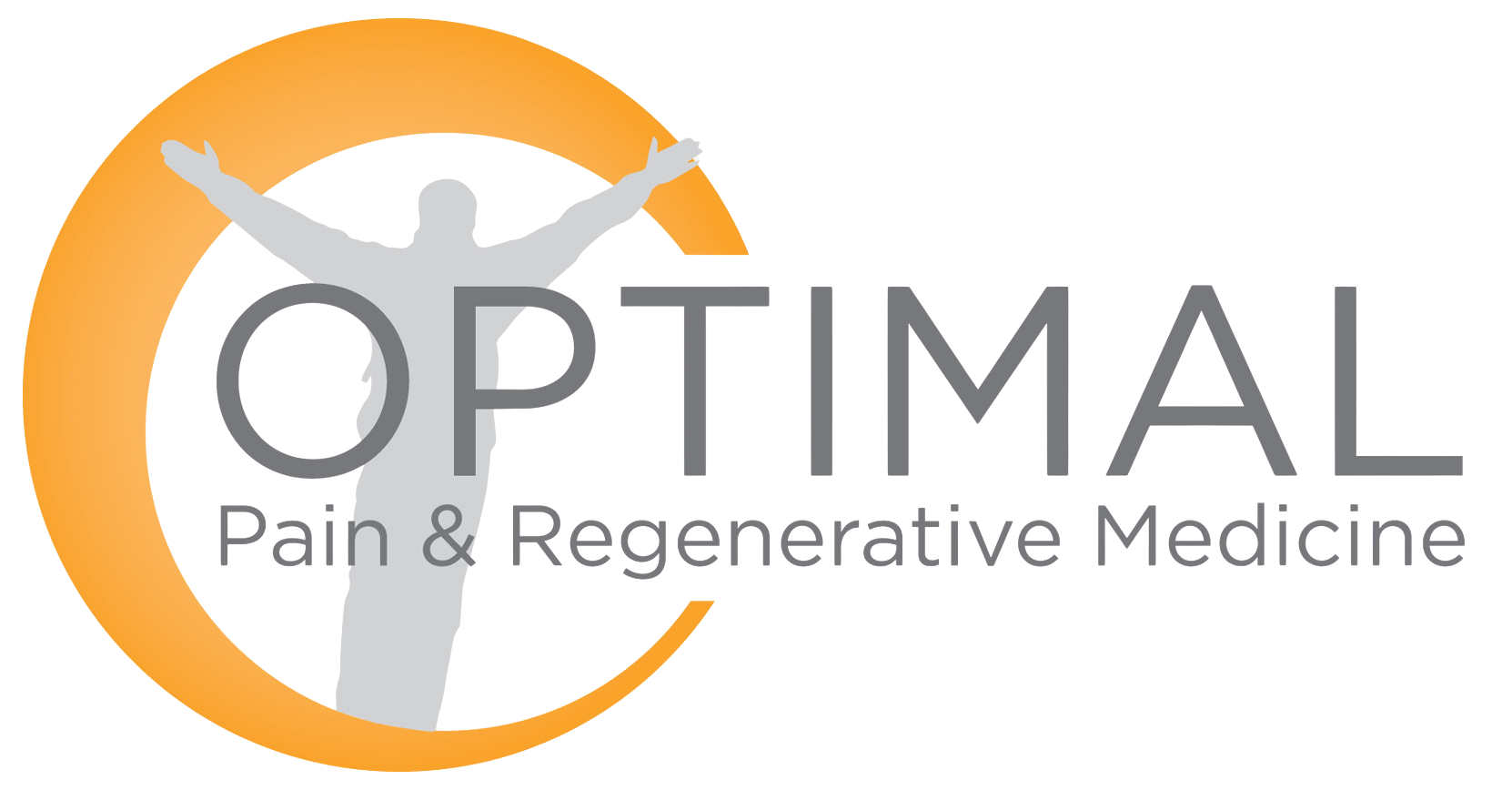The majority of individuals will show some signs of wear and tear on the spinal discs as they age. Some of these individuals will have symptoms associated with degenerative disc disease such as neck and back pain, numbness in the extremities and weakness in the leg muscles. The physicians at OPTIMAL Pain & Regenerative Medicine®, serving the Dallas, Arlington and Fort Worth, Texas area, discuss degenerative disc disease.
What is Degenerative Disc Disease?
Degenerative disc disease is one of the most common causes of neck and back pain. Symptoms of degenerative disc disease include pain and radiating numbness or weakness stemming from a degenerated spinal disc.
The typical person with this condition is active, healthy and in his or hers 30s or 40s. The symptoms vary from person to person. Many people with disc deterioration have no pain, while others experience debilitating pain that interferes with daily life.
Common symptoms of degenerative disc disease include:
- Pain that increases when sitting
- Pain that worsens when bending, lifting or twisting
- Periods of severe pain that come and go
- Numbness and tingling in the extremities
- Weakness in the leg muscles
- Pain relief when standing, walking, lying down or changing positions
Are you suffering from degenerative disc disease?
Contact us today to learn how we can help alleviate your pain
What Causes Degenerative Disc Disease?
Age and additional factors are associated with degenerative disc disease such as:
- Injuries that cause swelling, soreness and instability to the spine
- Degenerative disorders such as arthritis and osteoporosis
- Drying out of the spinal discs
- Daily activities and sports that cause tears in the outer core of the disc
Most abnormalities related to this condition can be seen on an MRI. A diagnosis can also be reached by a pain physician with a medical history review and complete physical examination.
Nonsurgical treatment is the first step to managing degenerative disc disease in many cases. These treatments include rest, using correct posture, medication, physical therapy and other pain management options. Surgery is recommended in rare cases when symptoms do not significantly improve with nonsurgical treatments.
If you would like to learn more about deterioration of discs and degenerative disc disease, contact OPTIMAL Pain & Regenerative Medicine®. Our physicians are also available to answer the question, “What causes degenerative disc disease?” for patients in the Dallas, Arlington and Fort Worth, Texas area.
